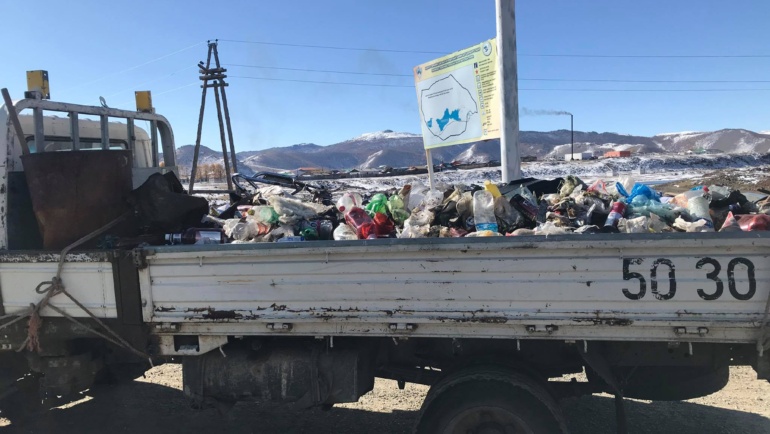In September, we received some tough feedback about one of our tours—feedback no one wants to hear, but the kind that prompts reflection, especially on equity in tourism and its true meaning.
Tourism is about people—not just those we take on holiday but also those we employ.
All our trip assistants are women, many of whom are mothers balancing work and family commitments. Like the rest of our team—including drivers and translators—they’re real people with real lives. Life’s messiness often intersects with professional expectations, and yes, we’ve all made mistakes.
- https://www.eternal-landscapes.co.uk/empowering-mongolian-women-in-tourism/
- https://www.eternal-landscapes.co.uk/supporting-mongolias-male-tourism-drivers/

At Eternal Landscapes, we work with individuals who aren’t tourism professionals by trade. Many of them are using tourism as a stepping stone to improve their lives. It’s a fine line we walk—striving to create meaningful travel experiences for our clients while supporting our team’s growth. And sometimes, we lose balance.
Our approach is different from others in the industry, and that comes with its own set of challenges. To provide some context, Mongolia is a country of just 3.4 million people, with a seasonal tourism industry and a limited workforce. These factors create unique obstacles, compounded by a lack of ethics at certain levels within the tourism sector, which can cause disruption.
When I made the decision to step aside from being a guide myself, I knew it would be tough. You lose a certain level of control and have to trust the team you’ve built. As the leader of this team, I take full responsibility for what happened. While we always pass on feedback, discuss it openly, and turn it into a case study to improve, the responsibility ultimately rests with me.
To anyone leading a team, especially in a dynamic industry like tourism: it’s okay to stumble. But, our competitors who place Western leaders on trips or employ guides with professional qualifications or those from wealthier backgrounds who’ve lived or studied abroad seem to face fewer stumbles. Feedback for these companies is consistently good. But we’ve chosen a different path, and while it’s harder, it’s one I believe in deeply.
Yes, I’m upset, disappointed, and disheartened. It would be easier to employ the same guides as others or to lead trips myself again. But I won’t let this stop me. These challenges remind me why I made the choices I did—to create opportunities and break down barriers.
I believe tourism can—and should—be more equitable. Not just by employing female guides but by embracing diversity in the backgrounds they come from and looking beyond the typical tourism culture.
Being a small company, we’ve deliberately chosen not to be volume-driven. We work solely in Mongolia, which means we don’t have the luxury of relying on other destinations to carry us through tough times. Our pre-departure guidelines clearly outline our goals, but perhaps tourists aren’t ready for equity in tourism.
Maybe people like the idea of equity—until they arrive and see other companies offering more traditional options, and they begin to feel they should have the same.
This autumn, I came very close to quitting. The closest I’ve ever been. That feeling is still there, though less so now.
As part of this ongoing process, I ask myself—and now you—how do we stay true to our values when it feels like the world isn’t ready for them? Are tourists really ready for equity in tourism?
This isn’t about a lack of care. We care deeply—passionately. Otherwise, why would we have started down this road? Since 2010, we’ve been committed to this mission. It’s not a trend or a recent pivot—it’s the foundation of who we are.
But I employ a team of people who rely on me to find bookings. I’m not an influencer or thought leader with a massive social media reach. I don’t have the luxury of choosing only clients fully committed to what we’re doing.
And so my I’m wondering that, as tourism in Mongolia has become more mainstream, if the industry—and the tourists it serves—are truly ready for change.
To anyone working to create change: how do you keep going when it feels like the world isn’t catching up?

